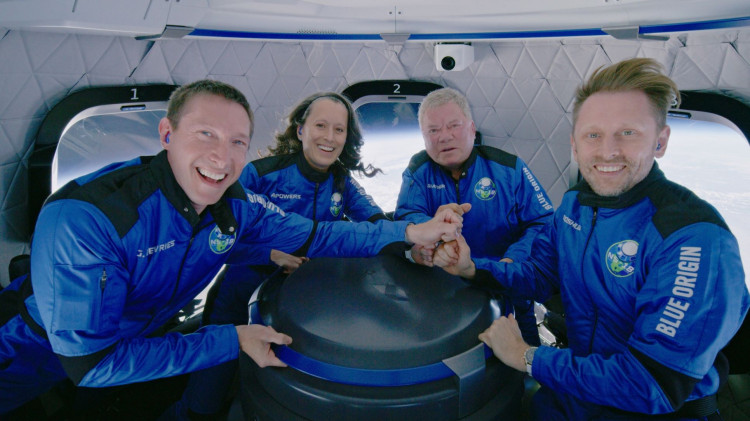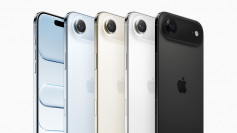Blue Origin plans to double the number of passengers it flew to space in its first year of operations, a goal that can be achieved by adding a second rocket, a new report indicates/
During three missions in July, October, and December, the space tourism firm has sent 14 individuals into space. According to SpaceNews, Blue Origin will need to bring another New Shepard vehicle onboard and cut the turnaround time between flights in half to achieve the new flight rate.
"The market is robust. It's very robust," Bob Smith, chief executive of Blue Origin, said of the space tourism business during a presentation at the 24th Annual FAA Commercial Space Transportation Conference. SpaceNews covered the presentation.
"The challenge for Blue at this point is that we're actually supply-limited. No business ever wants to be supply-limited when there's robust demand," Smith said. "It's incumbent on us to go build new vehicles, get them ready and safely go fly, and also safely get our launch cadence up."
While Blue Origin has yet to reveal its operational per-seat pricing or the number of passengers in line, it has provided market forecasts based on the $28 million that Chinese cryptocurrency entrepreneur Justin Sun successfully bid for a seat on the first crewed flight of New Shepard in July.
Blue Origin told SpaceNews that the auction gave the space tourism company an idea of how their wealthy customer base values the worth of a journey to space.
"We've learned a lot of interesting things about the market over the past year," said Audrey Powers, vice-president of New Shepard flight and mission operations at Blue Origin who also flew on New Shepard in October.
The New Shepard spacecraft has a seating capacity of six people, and just one launch (in December) has had all six seats filled. Smith would not say how many New Shepard flights (crewed or uncrewed) will take place in 2022, but said that all crewed flights will transport a maximum of six people.
Virgin Galactic, Blue Origin's strong rival, has now resumed seat sales for $450,000 each; their missions are on hold until later this year due to maintenance and upgrade work on the VSS Unity spacecraft's carrier plane, VMS Eve.
By the time commercial service is slated to begin in 2022, Virgin aims to have 1,000 customers on its waitlist, up from 700 in November 2021. The company is also working on the second of its space planes, which will each be capable of transporting up to six tourists and two professional pilots.





